Staying Fit

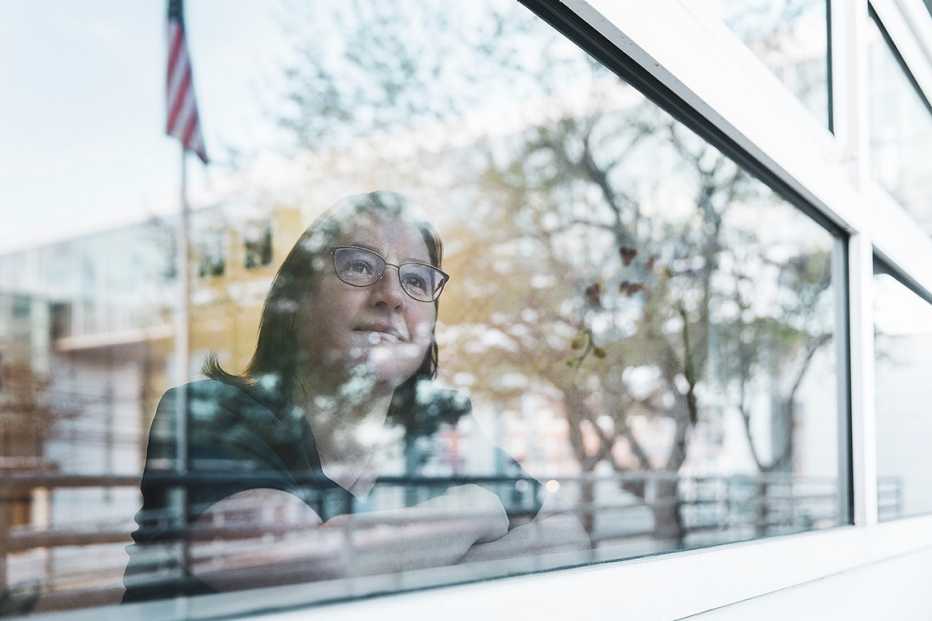
When COVID-19 attacked Americans, nurses and other health care professionals became our first line of defense. They have been compared to the firefighters and police who responded to terrorist attacks on 9/11.
In some places, like New York City, they were plunged into a desperate struggle to save lives. In other places, from Maryland to Minnesota to Washington state, they worked to test as many people as possible to stop the spread of the disease, to prepare their hospitals and clinics for the inevitable onslaught, and to cut through the red tape hampering their efforts.


AARP Membership— $12 for your first year when you sign up for Automatic Renewal
Get instant access to members-only products and hundreds of discounts, a free second membership, and a subscription to AARP the Magazine.
With calm courage and quiet determination, nurses are helping others. Here are some of their stories.
Robin Krinsky, 60

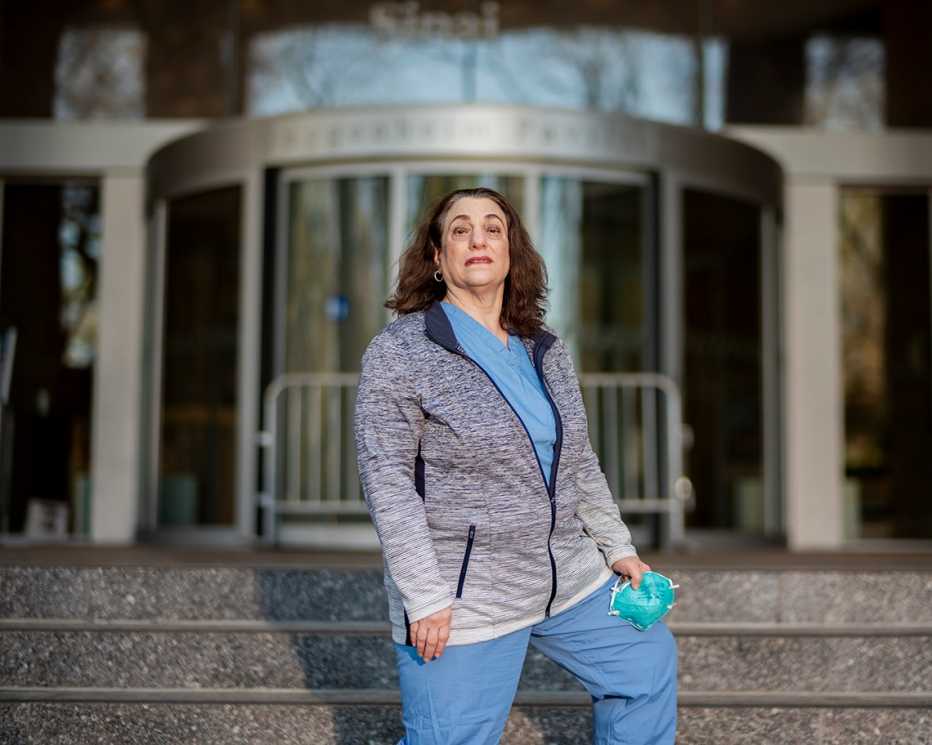
Clinical nurse at the Mount Sinai Hospital in New York City. She has been a nurse for 37 years.
"I have been a nurse since the beginning of AIDS crisis in the early 1980s. That was nothing compared to this. The rise of the coronavirus has been so rapid, so vicious. There is a lot of stress. But I didn't get into nursing for the glamour.
My husband is a nurse, too. Our son works in a hospital as an administrative assistant. We do the social distance thing ... even in a Manhattan apartment. I partly cope with humor; it has got me through life. I just hope it lasts.
Everyone on the front line is exposed to the virus — the pregnant nurse, the nurse with an underlying condition, the older nurse, the healthy nurse. Everybody is on the ledge. My duties used to be logical and organized — nothing unusual, certainly nothing catastrophic. Now it's hectic. I describe it as organized chaos. I don't know what I am going to walk into. Everything is ominous. I just want to make sure my patients are breathing. This is the new normal.
The worst part of my day is this: Every day, we find out how many patients are coronavirus-positive, those who died, those on ventilators. We find out how many nurses are virus-positive, or who are quarantined because they are symptomatic. Every day, those numbers rise. I have not been tested for the virus. We don't have enough tests in New York for all health-care personnel.
I don't care about the consequences. I will not stop doing what I love to do. Nurses are leaders. We are a special breed. During disasters— and the coronavirus is the ultimate disaster — we don't walk away. But I am scared every day."

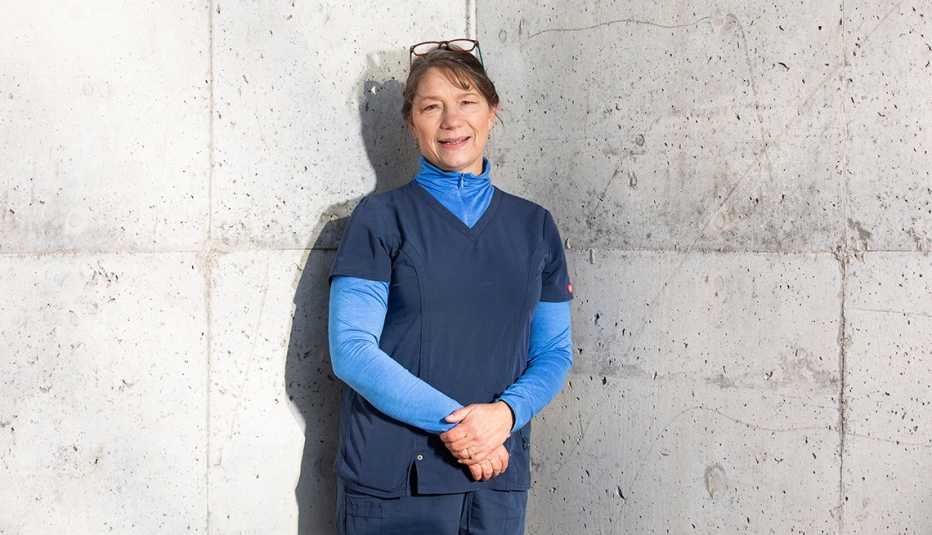
Jacque Waugh, 56
Registered nurse, has worked since 2012 in the emergency room at Abbott Northwestern, an urban hospital in Minneapolis, Minnesota. Prior to that, she was an EMT with the hospital for 18 years.
"It has been a steep learning curve for us. The first week or so that we were trying to navigate this, we didn't have a good solid plan on how to handle symptomatic patients. We didn't know exactly how the virus was spread.
Because of a limited number of testing supplies, the only patients getting tested are those who are symptomatic and going to be hospitalized or symptomatic health care workers. If patients with symptoms are stable, they're likely to be sent home and advised to quarantine.
When I'm working in triage, we immediately escort a symptomatic patient back to one of our negative pressure rooms, if one is open, where the air gets pulled out of the room and goes through our ventilation system and is filtered. These rooms make the air safer for us to breathe.
I'm somewhat concerned for myself, my husband and our two daughters. We're pretty healthy. If we do come down with it, I think we would come out okay, though there are still a lot of unknowns, such as long-term repercussions: Could there be lung scarring since it attacks the lungs pretty hard?
Before this crisis, in a busy ER, it was starting to feel like an assembly line: Let's get these people through as fast and efficiently as we can. Currently, it feels more like I can step in and be of use. With the extremes of where this job can take you, it challenges me to engage my faith daily.
I had a teenager a week and a half ago who appeared very anxious. He was there for another health issue, but had asthma and there was concern that he could have COVID-19. This young man said at least three or four times — even as he was vomiting at one point — “Thank you so much.” It was remarkable for a someone this age to show that sort of appreciation.
That's the stuff that feeds the soul: when you're able to touch someone else's life and you've had this bonding moment when they're feeling vulnerable."
Carrie Hedges, 58

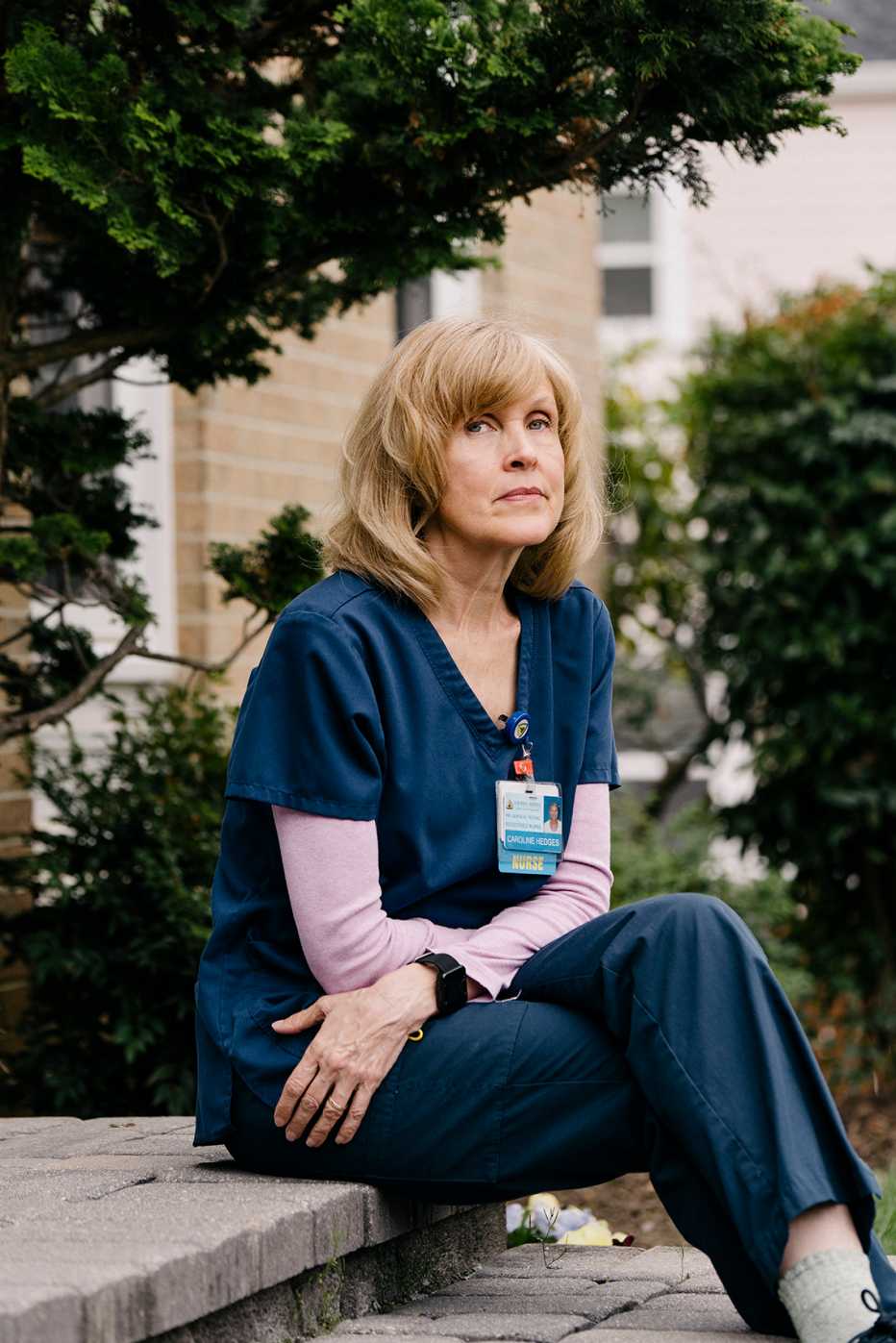
Registered nurse at Suburban Hospital, a Johns Hopkins facility in a Maryland suburb of Washington, D.C. She has been a nurse for over a decade.
"When the outbreak hit, all elective surgeries were canceled, so I became part of a crew testing people for the COVID-19 coronavirus.
Three nurses and several administrators work in the hospital's garage. People who have symptoms consistent with the virus, and have a doctor's referral, drive up at an appointed time. I insert a nasal swab into the patient's nasopharynx and rotate it for about 10-15 seconds, which can be uncomfortable. The specimen is then sent to the hospital's lab.





























































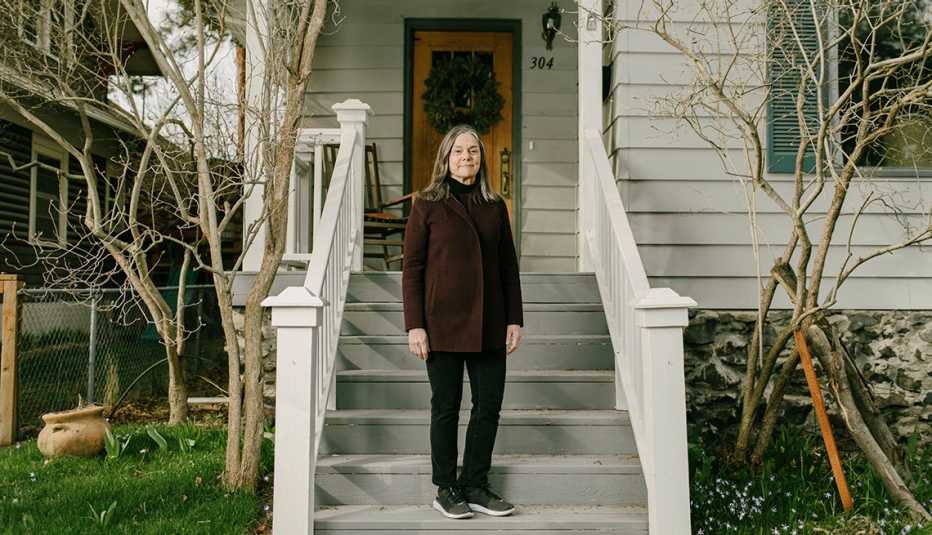
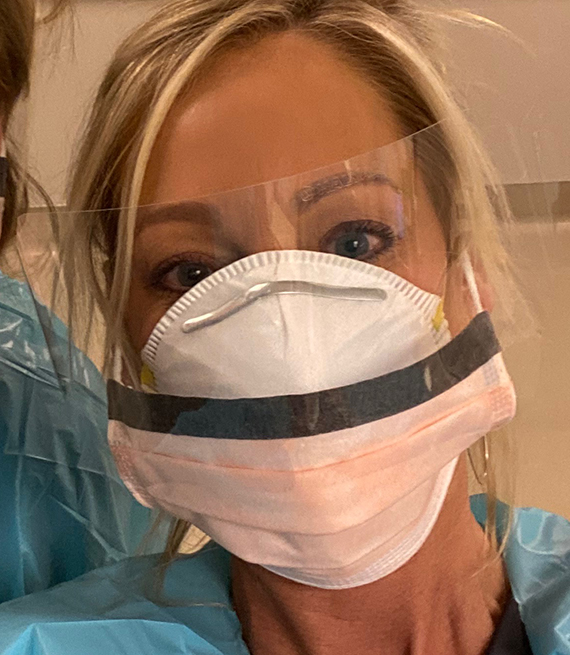
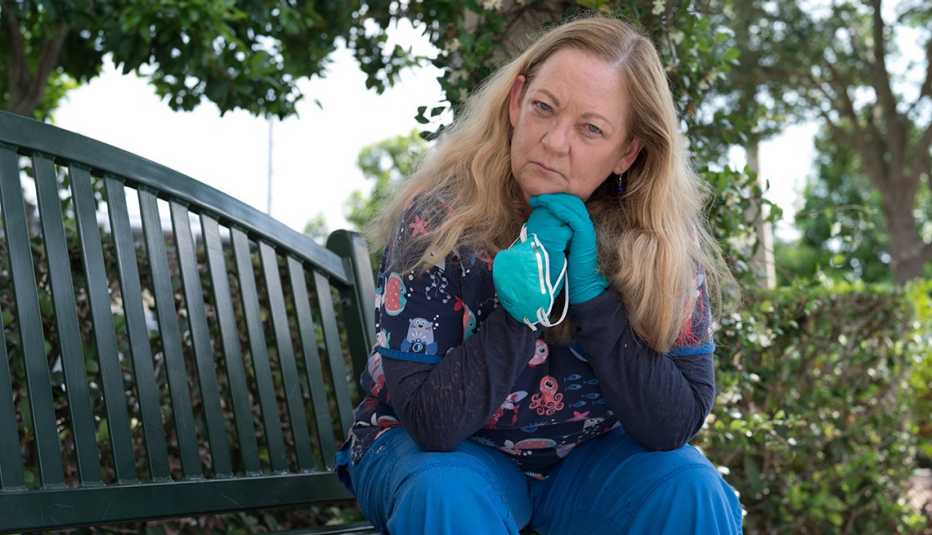
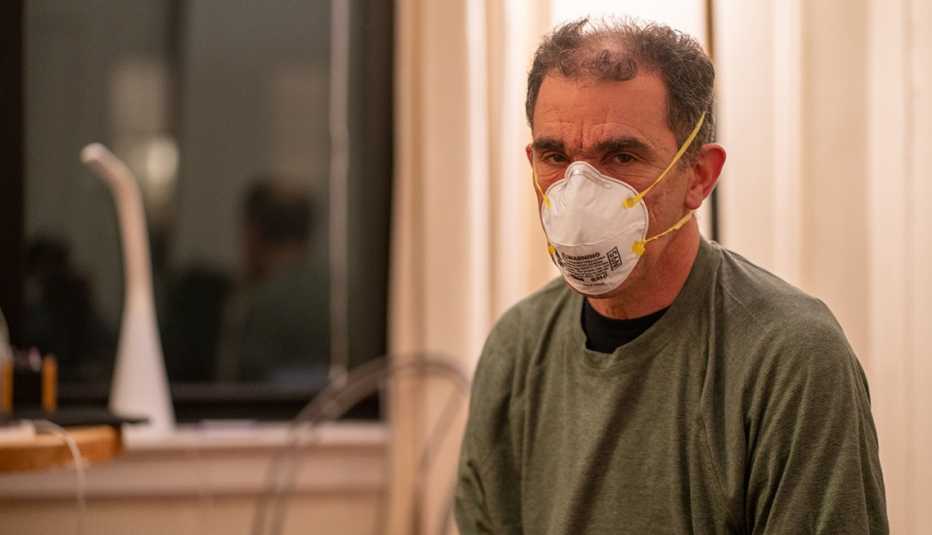




More on Health
Sanjay Gupta on Lessons Learned and Reasons to Hope in the Time of Coronavirus
CNN chief medical correspondent discusses warning signs and how we can better prepare for pandemics
This Is What the Coronavirus Can Do to Your Brain
Doctors seeing strokes, seizures, loss of smell, other neurological symptoms in virus patients
Adults With Serious Conditions Are Avoiding Hospital Emergency Rooms Because of COVID-19
Doctors say these people could be risking death and long-term health issues by delaying treatment